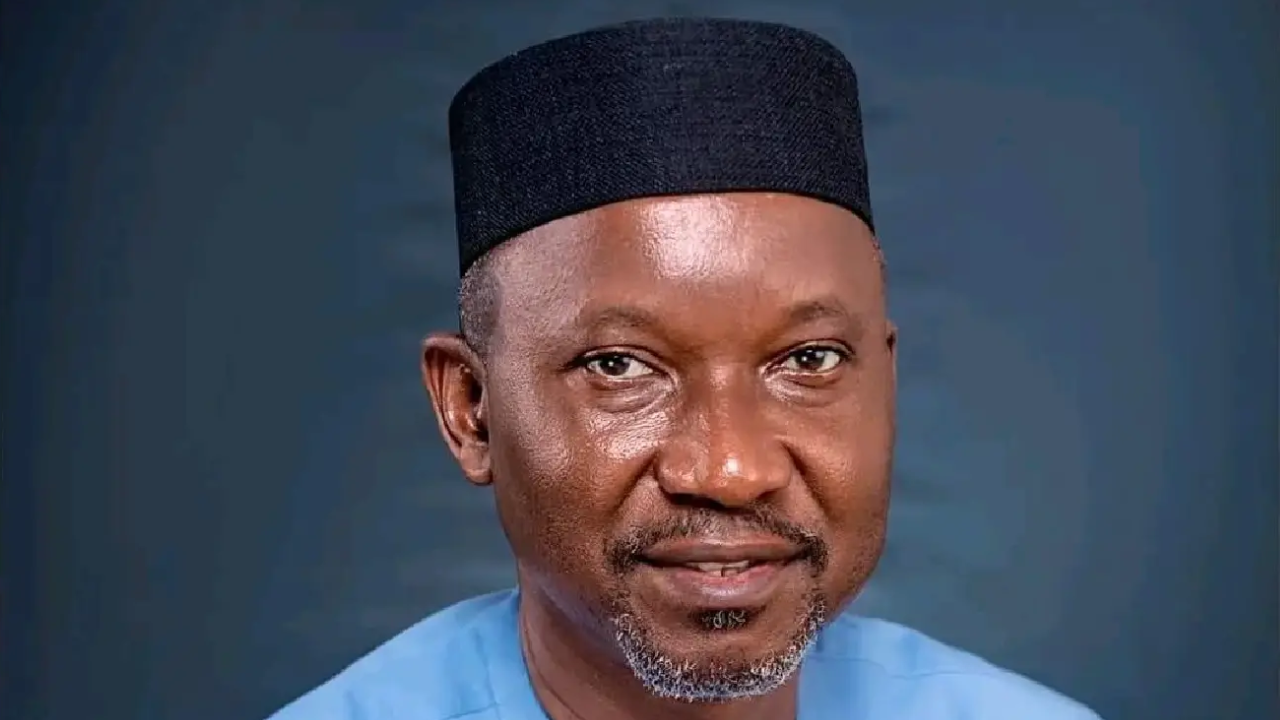The Minister of State for Petroleum Resources (Gas), Mr Ekperikpe Ekpo, has called for a more collaborative effort among operators in the oil and gas sector to unlock opportunities set out by the divested assets of the International Oil Companies (IOCs).
He stated that the federal government is willing to foster collaborations and partnerships that seek national goals and aspirations for domestic gas utilisation and export.
Ekpo, who was represented by Mrs Oluremi Komolafe, Director of Gas, Ministry of Petroleum Resources, spoke at the ongoing 8th Sub-Saharan Africa International Petroleum and Exhibition Conference in Lagos, organised by the Petroleum Technology Association of Nigeria, PETAN, with the theme: “The Next Steps: Accelerating African Content”.
Daily Trust reports that there has been a series of divestments by IOCs operating in the country. The IOCs include Shell Producing Development Company, TotalEnergies, Chevron, ExxonMobil and Eni.
- Jigawa begins fumigation against mosquito in 3 LGAs
- Gov Sani orders investigation of traffic official
Findings show that most of the assets targeted for divestment by the IOCs were the onshore properties located mostly in shallow waters on land and in the last one decade, the IOCs had divested a total of 26 Oil Mining Licences in the Niger Delta Basin.
A month ago, Shell agreed to sell its Nigerian onshore oil business to a consortium of local companies for more than $1.3 billion.
With the ongoing divestments by IOC, the minister stated that the ministry had recognised that finance and investment in infrastructure are critical for indigenous operators to participate, especially in the development of the gas sector.
He said as part of the tools to address this problem, the Midstream and Downstream Gas Infrastructure Fund was put in place to enable the government to make equity investment in gas infrastructure.
“As we gather to harness ideas to develop our energy sector, let us not forget the various incentives put in place by the government to encourage the gas sector development. These include three years tax waivers for companies that build and operate gas pipelines, and could be extended to five years at the satisfaction of the ministry,” he said.
Meanwhile, the Group Chief Executive Officer of Oliserv Group of Companies, Emeka Okwuosa, highlighted the challenges indigenous oil companies encounter in securing International Oil Companies, IOC’s- divested assets.
In a presentation tagged: Financing Africa’s Energy Companies, Okwuosa representing the Managing Director of Oilserv, Engr Nnanna Anyanwu, identified financial constraints as a major challenge, adding that, “Securing divested assets often involves significant financial resources, upfront payments, investment commitments & OpEx. This has been a constant hindrance to acquiring those assets, noting that a sizable number of indigenous companies lack the financial capacity to compete or access financing on favourable terms.”
He noted that there is limited access to capital, especially from traditional sources such as banks, private equity firms, or capital markets.

 Join Daily Trust WhatsApp Community For Quick Access To News and Happenings Around You.
Join Daily Trust WhatsApp Community For Quick Access To News and Happenings Around You.


